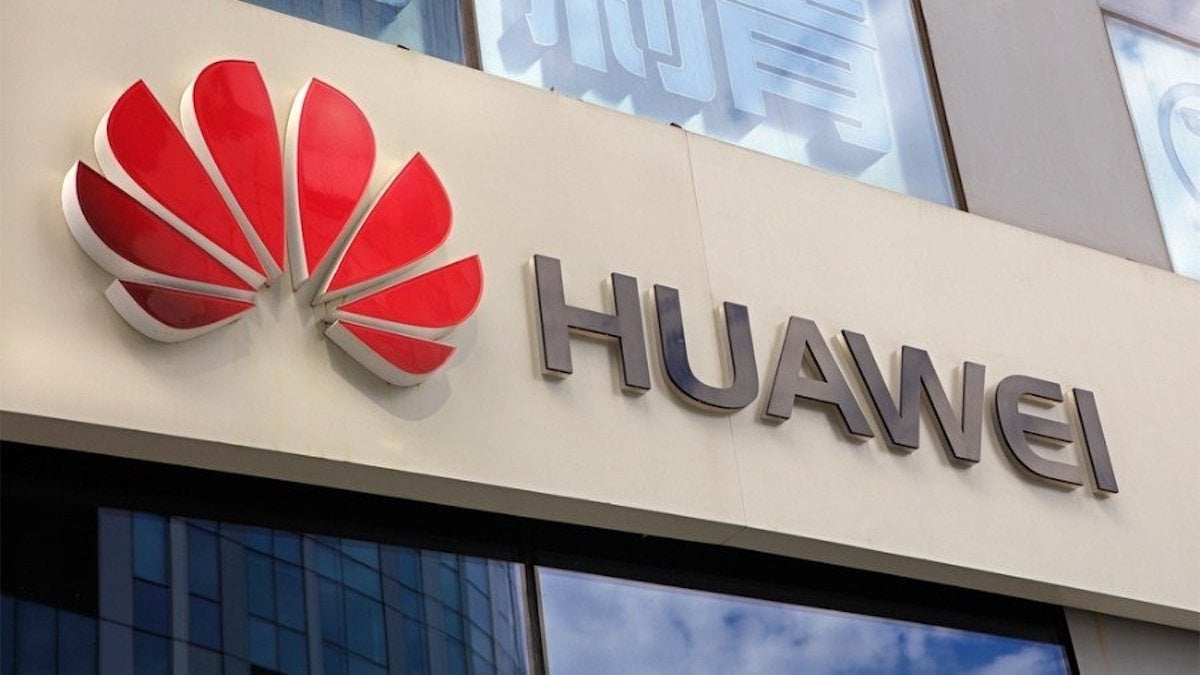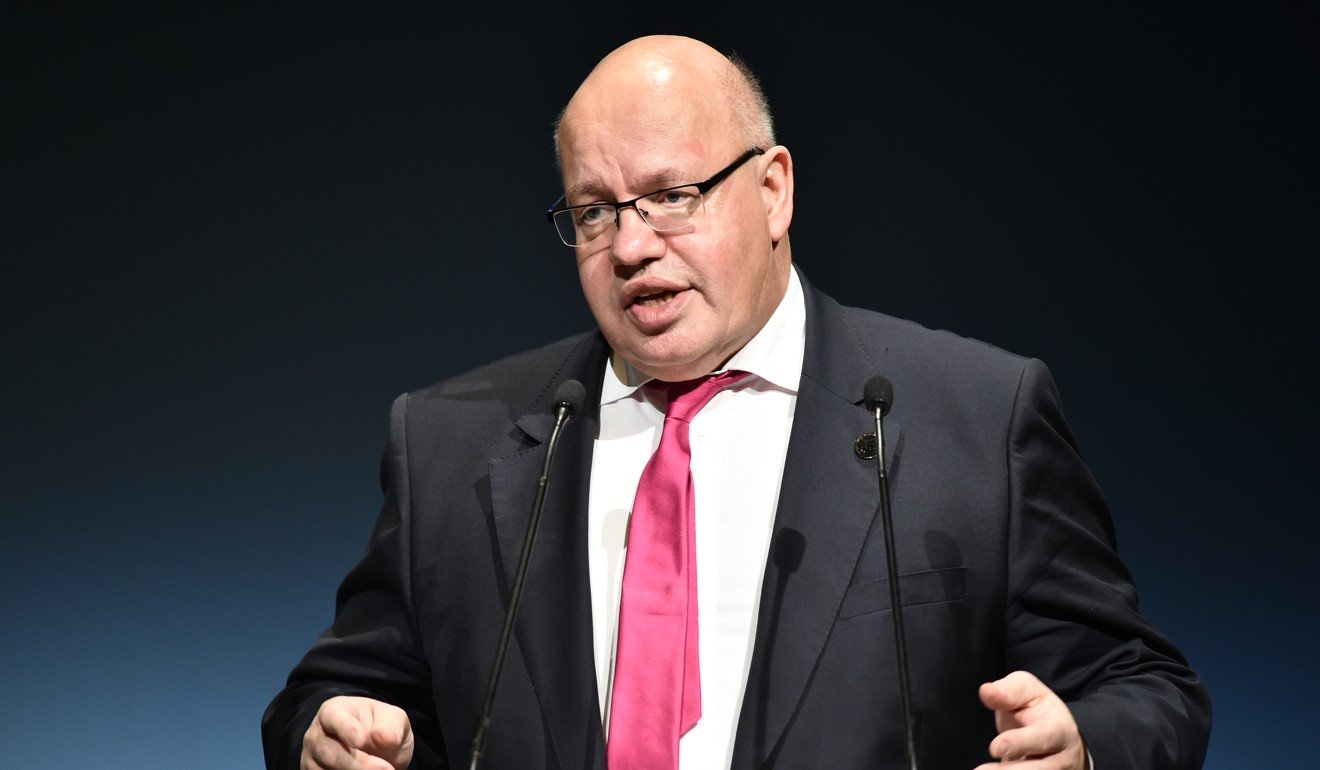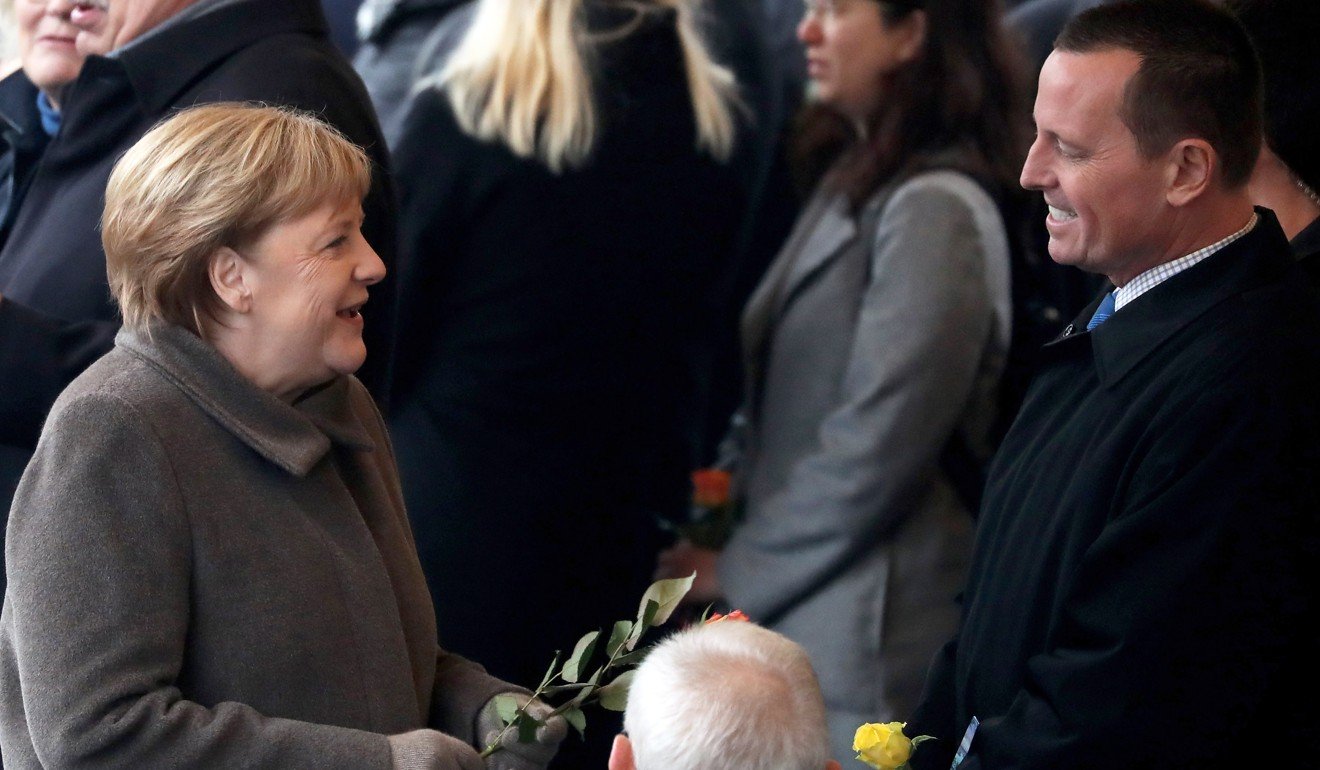
The U.S. Ambassador to Germany called comments by officials in Berlin who compared the threat of U.S. and Chinese espionage an “insult” to American troops stationed in the country. This is the latest in a slew of issues that have emerged as the result of Huawei’s involvement in the development of Germay’s 5G networks.
This comes as a result of German Minister Peter Altmaier, one of Germany Chancellor Angela Merkel’s few allies on her 5G approach, comparing concerns over potential spying by the Chinese government to previous phone-tapping by the “unreliable” US government.
Over the weekend, Altmaier commented on concerns that Huawei would be subject to China’s laws that could require the company to hand over data from its communications networks to Chinese intelligence agencies. “The US also requires its companies to provide certain information needed to fight terrorism,” he said.
EDITOR’S PICK: Huawei Nova 6 SE new renders reveal punch-hole display and iPhone-like quad camera module

The volley by U.S. Ambassador Richard Grenell, a Trump loyalist who has stoked trans-Atlantic tensions with pointed comments on German-U.S. divisions, is likely to compound controversy over the participation of China’s Huawei Technologies Co. in Germany’s fifth-generation mobile technology.
Considering Altmaier’s statement, Grenell could now declare a victory of sorts. And yet, Grenell’s meddling could actually achieve the opposite of its desired effect, namely mistrust and opposition. The US is increasingly wielding its market power not only against its opponents, but against its friends as well.

Merkel has been fending off pressure from the United States, her own party and the German parliament to ban Huawei as a candidate to for building Germany’s 5G infrastructure. The German government is concerned that banning Huawei could result in retribution from the Chinese government against the lucrative German car industry.
German Foreign Minister Heiko Maas has cast doubt on whether Chinese telecom equipment vendor Huawei Technologies could participate in the development and construction of the country’s 5G data network.
Maas told reporters in Berlin that Huawei was a company dependent on the Chinese state due to its national security laws, which meant Huawei was obliged to pass on information to the government there. Germany therefore wants to add a test of trustworthiness to the 5G security catalogue that so far had mainly envisaged an evaluation of technical criteria, Maas said.

(Source)







